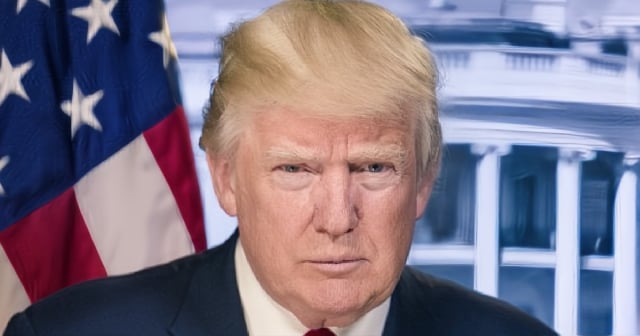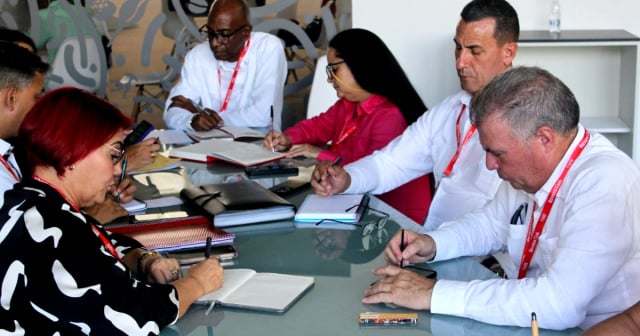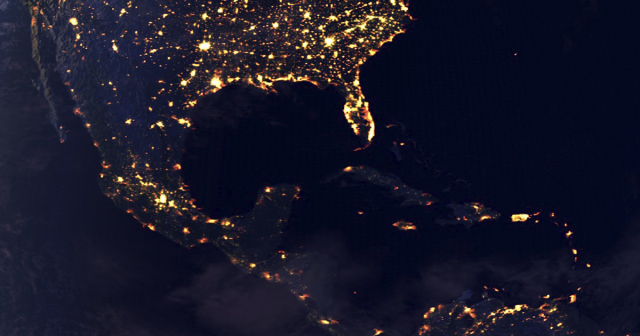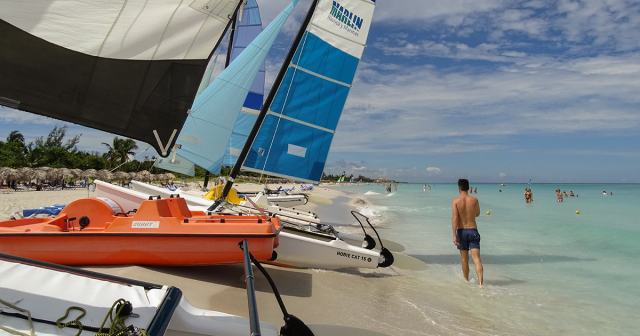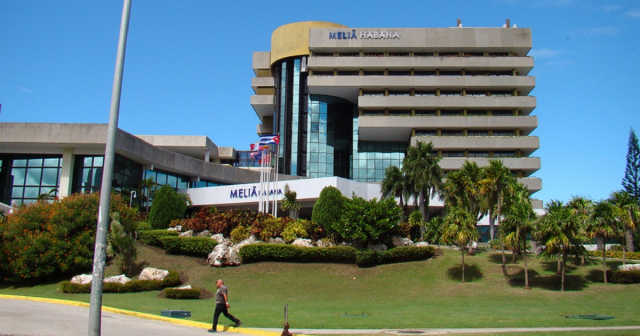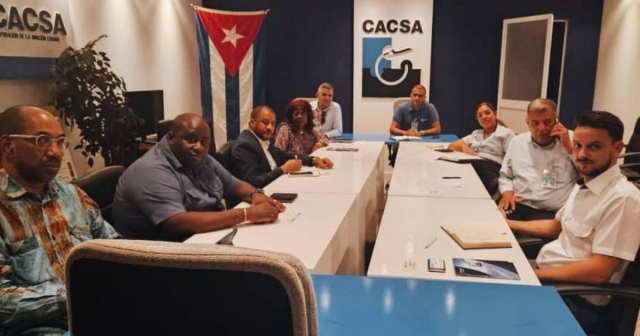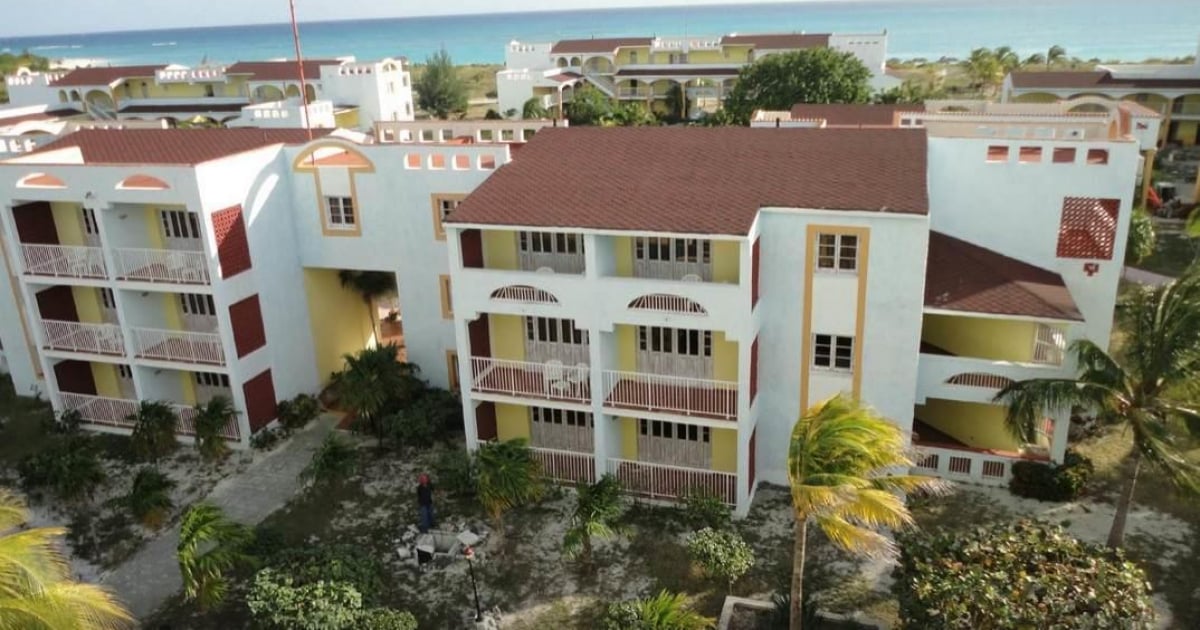
Tourism in Cuba continues to face a prolonged crisis, and 2024 is set to be another challenging year, warned economist Pedro Monreal after reviewing the preliminary data available up to September.
According to that information, the number of foreign visitors to the island is not only at half the levels recorded during the same period in 2017-2019, but it has also dropped by 9.5% compared to last year.
The provisional figures for October, not yet officially published, indicate a decline in tourist arrivals compared to the same month in 2023, reinforcing the negative trend that has characterized the sector for years, according to the charts analyzed by Monreal.
The three main traditional source markets for Cuba—Canada, the Cuban community abroad, and the United States—continue to account for around 60% of the total number of tourists who visited the island between January and September 2024.
However, in all three cases, the figures are lower than those of 2023, highlighting the lack of recovery in the sector. In contrast, Russia has experienced sustained growth and has established itself as the third most important source market, although it is still far from offsetting the declines in traditional markets, the economist explains.
The outlook for Cuban tourism is bleak, with no clear signs of recovery for several years now. In 2023, the island welcomed 3.2 million international tourists, falling short of its target of 3.5 million, representing a 30% shortfall from expectations. In 2022, Cuba received 1.6 million tourists, compared to a forecast of 2.5 million.
Monreal explains that the disproportionate public and private investment in the tourism sector raises questions about the use of scarce resources that could be allocated to more urgent sectors.
The high costs of infrastructure and the expansion of tourism capacity without solid demand could lead to an oversupply, which may in turn result in price reductions and lower profitability, complicating the recoupment of investments, it clarifies.
Last year, Monreal stated that Cuba's energy crisis is the result of a political decision that prioritizes available resources for real estate development for tourism at the expense of basic services.
According to the renowned specialist, the decision to invest in one sector or another lies with those who govern the country, where frequent blackouts have become unsustainable for families.
"The lack of resources impacts investment, but a sustained shift in the relative weight of sectors indicates a political decision: prioritizing available resources in favor of the real estate sector (which includes tourism) to the detriment of basic services (electricity, gas, and water)," he posted on his official Twitter account.
What do you think?
COMMENTFiled under:

